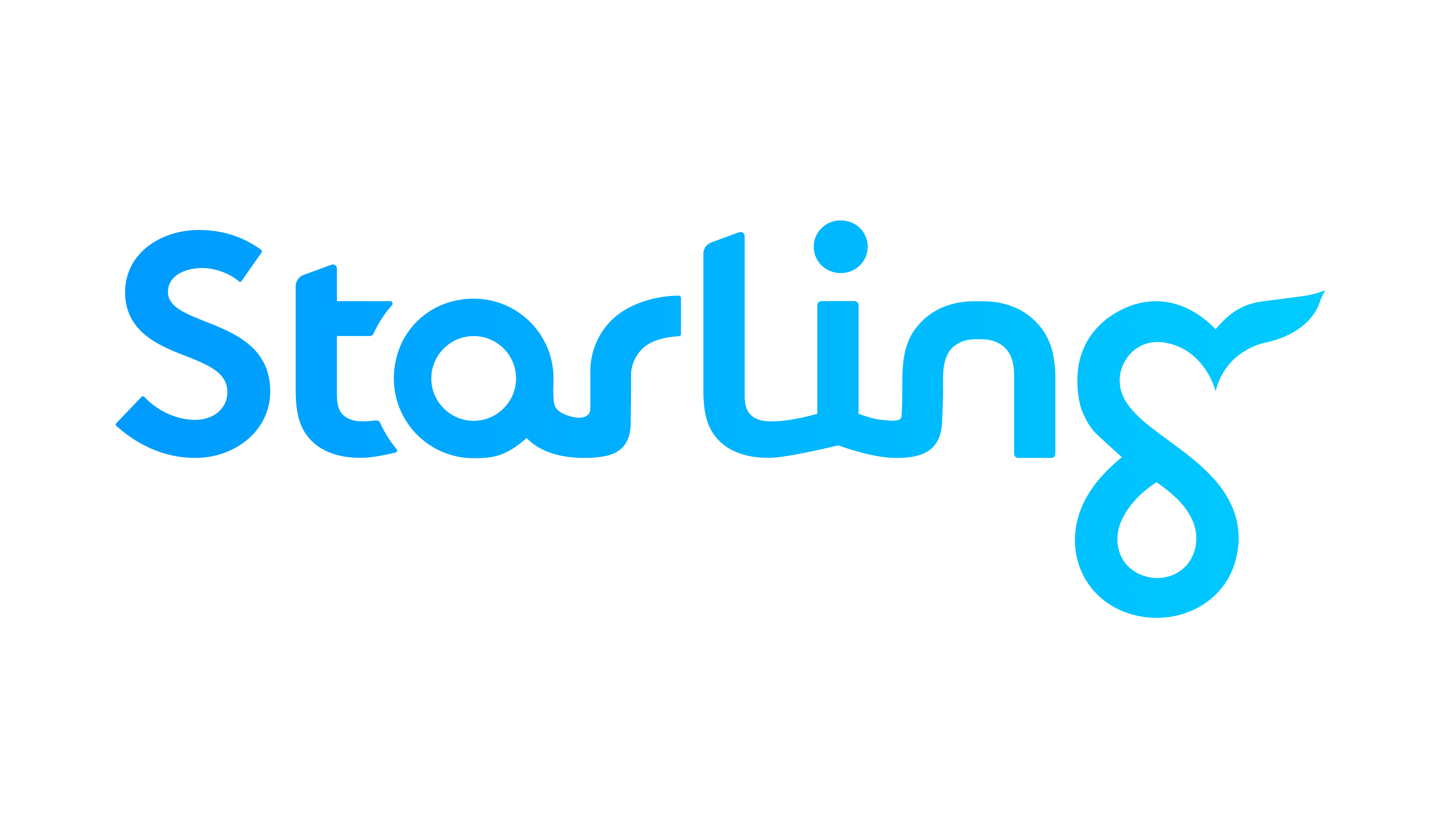

News
How modern HR leaders are tackling absence and disability management today
Sponsored


Today, disability management and prevention efforts are outdated, often due to a lack of information, innovation, and data to drive smarter return-to-work practices.
World-class HR and disability management teams understand the direct link between employee mental health and organizational success and the importance of innovating their absence and disability programs.
The challenge HR and disability management teams face is how to transform and adapt their policies that are purpose-built for their employees.
HR departments saw a sizable bump in individual and group insurance claims at the height of the initial lockdown between April and May 2020, particularly for mental health services as people coped with job loss, social distancing, isolation, and pandemic anxiety. And due to our overextended health-care system and limited workplace benefits, many employees weren’t able to get adequate access to effective mental healthcare.
According to national surveys:
- Anxiety — extreme-to-high levels of anxiety increased from 5% to 20% (Source)
- Depression — self-reported cases of depression have more than doubled from 4% to 10% (Source)
- Gen Z + Millennials — for younger workers aged 18 to 34, 43% reported higher anxiety (Source)
As organizations slowly rebuild policies in the aftermath of COVID-19, HR leaders will need to understand the emerging trends and long-term impacts of COVID-19 on their business and disability claims while demonstrating their responsiveness, flexibility, and technical expertise in addressing its associated costs.

Top reasons absence and disability management programs fail
According to literature and our absence and disability management research, it is understood that programs are failing at the tactical level due to:
- disconnected workforce mental health programs
- lack of psychological health and safety in the workplace
- lack of insights and actionable data
- inaccessible mental healthcare
- overwhelming case manager workloads
- missing leadership buy-in.
How to tackle absence and disability management
Disconnected workforce mental health programs
To integrate workforce mental health programs, it is essential to identify the workforce programs that are flexible and proven to be supportive for employees while ensuring multi-modal support (i.e. virtual, in-person, online, chat, phone) are available for employees who are struggling at work, on sick leave, on short-term or long-term disability, or returning to work.
Lack of psychological health and safety in the workplace
Psychological health and safety in the workplace is a key factor in helping employees be more open about their mental health struggles and seek help. Evidence shows that there are 13 factors known to impact psychological health and safety directly.
These factors are interrelated and rely heavily on delivering psychoeducation — a process of providing education and skills-based strategies to help employees struggling at work or off work build resilience and confidence to return to work.
Lack of insights and actionable data
Many HR departments do not have a sight line into the performance of their absence and disability management programs.
For organizations with reporting lines and data sets, tracking is often siloed or a simple summary of activities, resulting in a lost opportunity for insights into cost-drivers and a holistic view of trends. Better reporting capabilities are needed to drive more impactful results.
Inaccessible mental health care
Critical barriers prevent employees from getting the mental health support they need when they are struggling at work or off work — like stigma, access, and quality of care.
These barriers create insurmountable problems for HR leaders and absence and disability teams as prolonged stress, anxiety, and depression will likely increase an employee’s risk of going on sick leave or short or long-term disability.
Today, HR leaders are turning to digital therapy products to address higher levels of stress, anxiety, and depression in their workplace.

Overwhelming case manager workloads
There are three main challenges case managers face daily that are exacerbating their workload:
- delivering immediate support to reduce worsening symptoms
- lowering the cost per claimant file without impacting the quality of care
- gaining transparency on claimant treatment adherence and progress.
Claim automation tools that digitized practices can alleviate workloads and create a smoother experience for case managers and claimants.
Missing leadership buy-in
For many years, absenteeism has been a massive problem for organizations and HR leaders, often due to its impact on employee productivity and corporate profitability. However, absenteeism continues to rise despite the best efforts of HR, benefits and compensation leaders and insurance offerings.
This is often due to leaders spearheading mental health initiatives but forgetting one critical internal stakeholder needed to approve better programming: the CFO. It will be essential to combine an analytical approach with a qualitative interview to get CFO buy-in to overcome potential objections, guide the design and implementation of your absence and disability management program, and help tie it to an organization’s objectives and bottom line.
To learn more on how modern HR leaders tackle absence and disability management at work, download our free eBook today.
About us
Starling Minds™ is a digital mental health platform that reduces absence and disability costs by delivering immediate, unlimited, and personalized digital Cognitive Behavioral Therapy (CBT).
Developed by leading psychologists, Starling’s digital therapy is powered by an expert system that emulates the processes and practices of human-guided therapy to remove the greatest barriers preventing employees from accessing affordable and effective mental health care—cost, access, and stigma.
Learn more at starlingminds.com.
Print this page